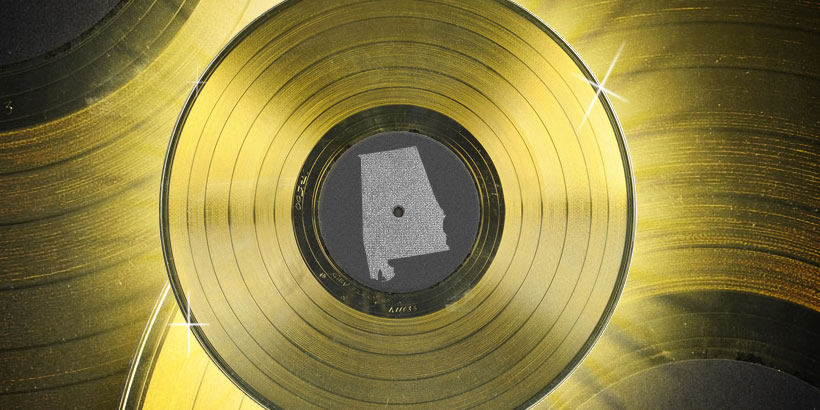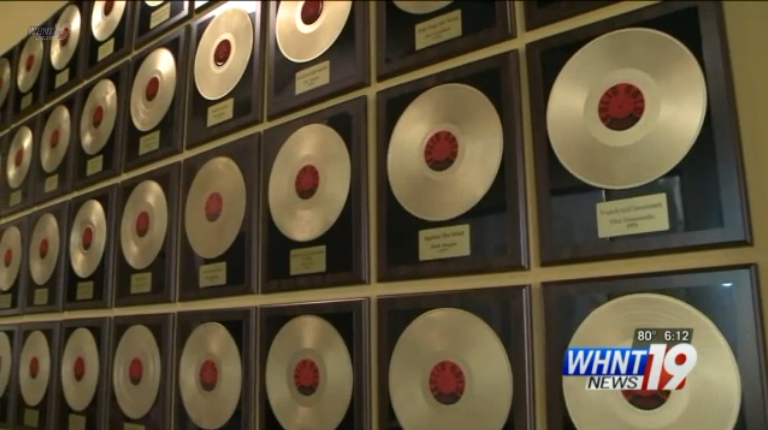
MUSCLE SHOALS, Ala. — Alabama’s largest claim to musical fame will join other Americana Music sites along a 1,500 mile stretch of highway covering multiple states in the newly-minted “Gold Record Road” stretching between the sites of where nine of America’s musical genres were developed.
The Americana Music Triangle will include locations in Louisiana, Mississippi, Alabama, and Tennessee.
Florence-Lauderdale Tourism assistant director Alison Stanfield said the Americana Music Triangle will bring attention to the legacy of the Shoals in ways local tourism offices aren’t able to.
“We see lots of individual international tourists here, especially for music,” Stanfield said. “This reaches to international group tours.”
Because the Americana Music Triangle will be providing all the promotional materials, the local tourism department will be able to participate without it weighing on their own budget.
“People do seem to want to touch something that’s real,” said historian Colin Escott, co-writer of the book and musical “Million Dollar Quartet” and contributor to the triangle project. “They love this music throughout the world, and it is like a universal currency.”
The Americana Music Triangle’s website explains why these southern states became the home to such a large variety of music.
The story of the Americana Music Triangle begins centuries ago with Paleo Indians along the Mississippi River, eventually displaced by European explorers and settlers. As more people from around the globe arrived to put down roots, complex musical layers began to form over the foundation of Native American culture. Spanish guitars, mandolins and Latin rhythms mixed with French dances and folk songs. The fiddle tunes and narrative ballads of the English, Scots, and Irish collided with African chants, dances, drums, and banjo music. The songs of Haitians and French Canadians met the polkas and accordions of the German-Czechs. All of these traditions simmered here for centuries, creating essential cultural lifelines as the region endured devastating wars, the atrocities of slavery, massive natural disasters, dramatic migrations and the moral conflicts of a nation struggling to define itself.
These musical traditions continued to evolve over time, building up to the moment when two emerging technologies — radio and records — would collide to capture, define and spread the Americana Music Triangle’s distinctive sounds to the rest of the world. Enter Blues, Jazz, Country, Rock ‘N’ Roll, R&B/Soul, Gospel, Southern Gospel,Cajun/Zydeco and Bluegrass: nine distinct musical traditions that couldn’t have happened anywhere else, or any other way.
Like this article? Hate it? Follow me and let me know how you feel on Twitter!
— Elizabeth BeShears (@LizEBeesh) January 21, 2015













